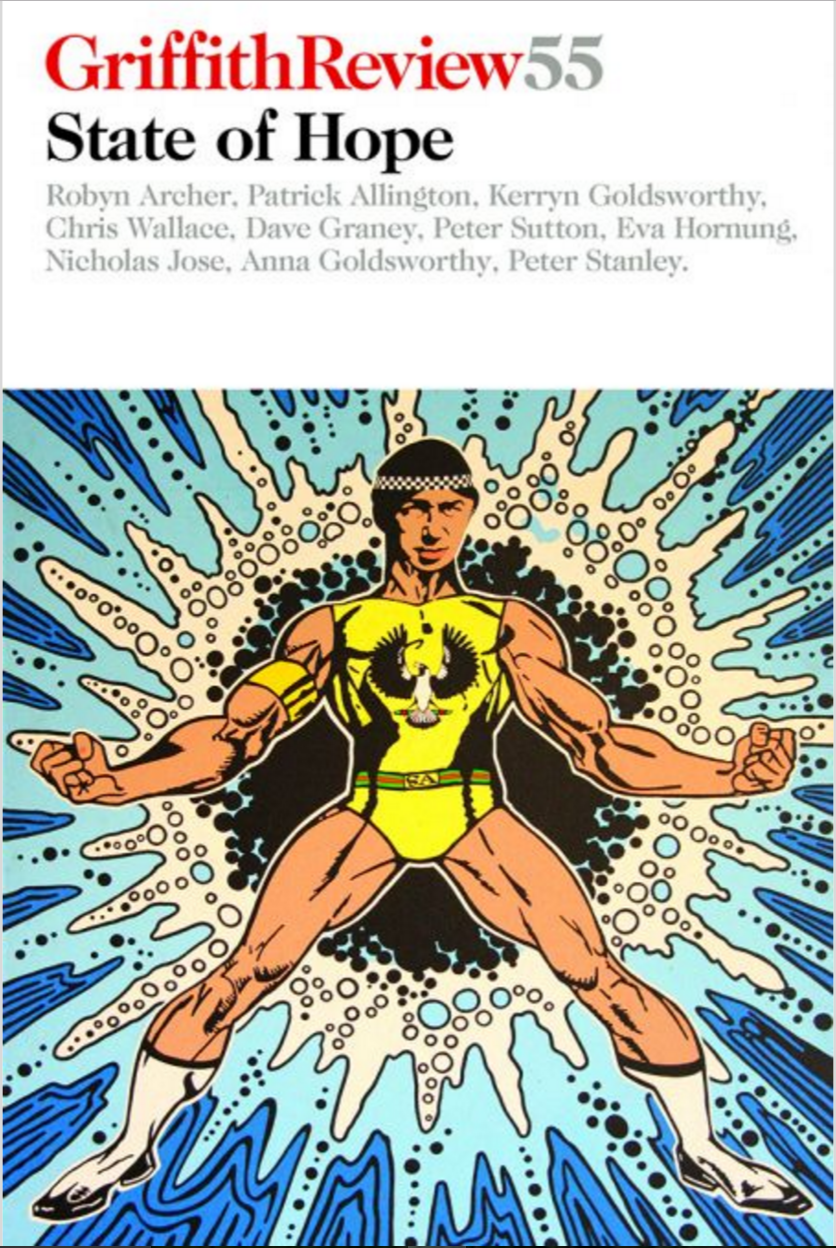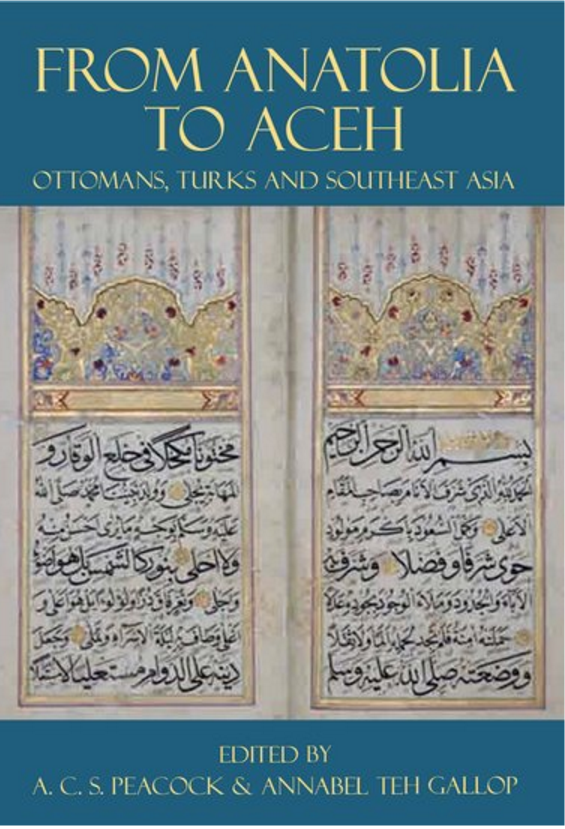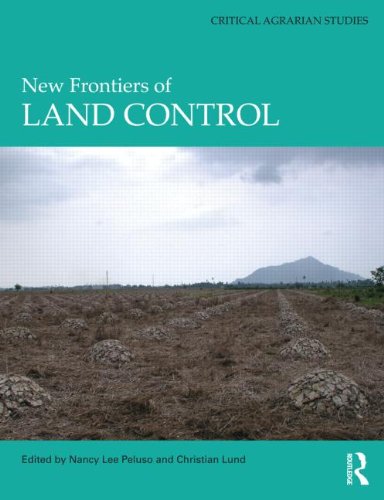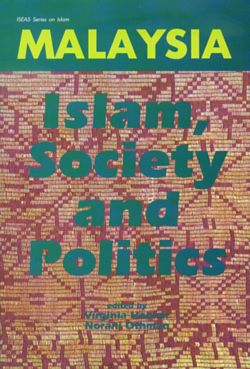I’ve had an essay published in Griffith Review, in a special issue called ‘State of Hope’, focused on South Australia as a testing ground for government-led social reform since the era of former Premier Don Dunstan.
I haven’t been able to participate in any of the nostalgia for South Australia’s past, having only arrived just as Mike Rann was replaced with Jay Weatherill. All the same, my essay addresses contemporary possibilities for new rounds of social reform, in this case in relation to how state governments “manage” the growing cultural diversity of their populations through the policy framework we refer to as multiculturalism.
The essay reflects on my experience organising InterculturAdelaide, a policy co-design workshop I convened in 2015, and of navigating the multicultural arena and the way it insists on assigning non-white Australians within discrete and bounded cultural silos. These silos are then targeted by political parties in their competitive quest to mobilise each cultural “community” as a supportive political constituency. Yet surely a focus on equitable interaction across purported cultural boundaries is a better approach for equipping Australians to navigate their own society and their increasingly multipolar region?
The essay, ‘Intercultural Futures: The Fraught Politics of Multiculturalism,’ is available for purchase from Griffith Review.



